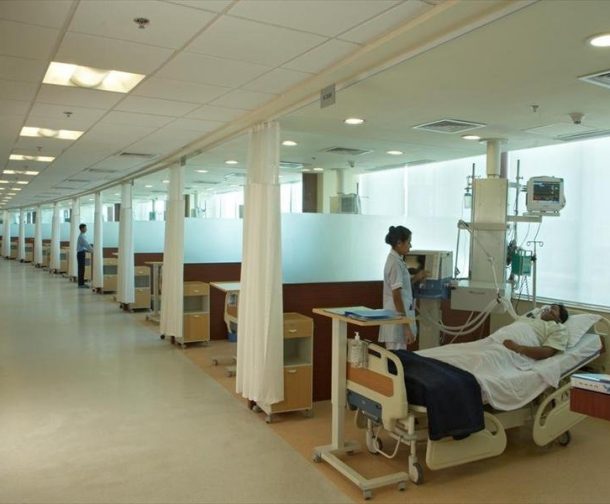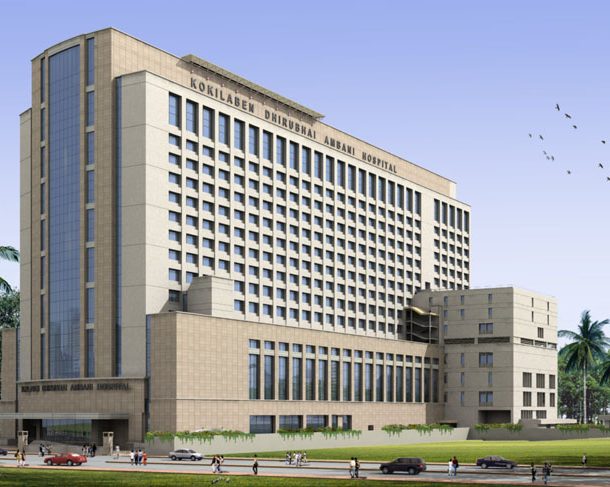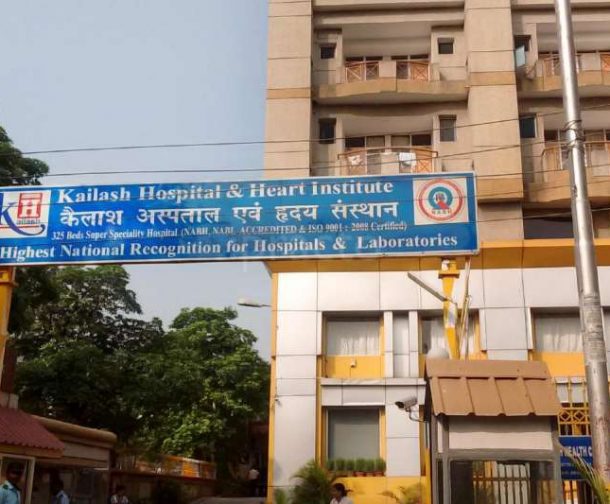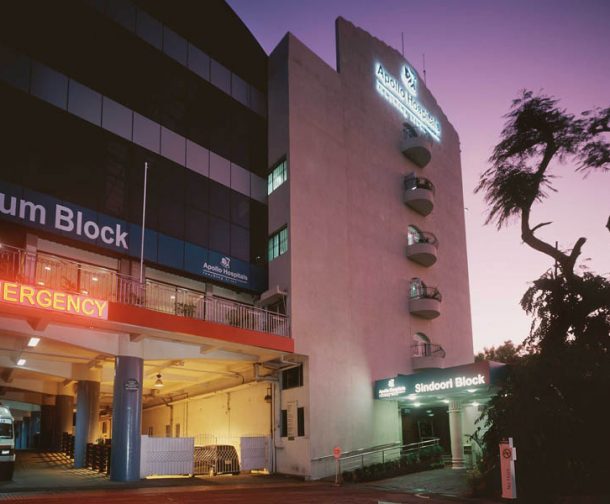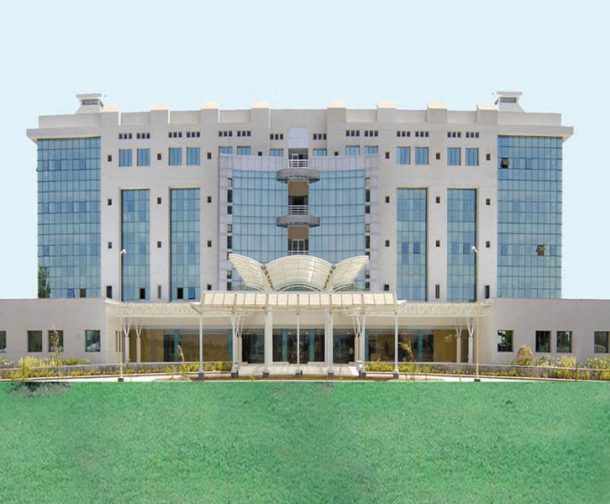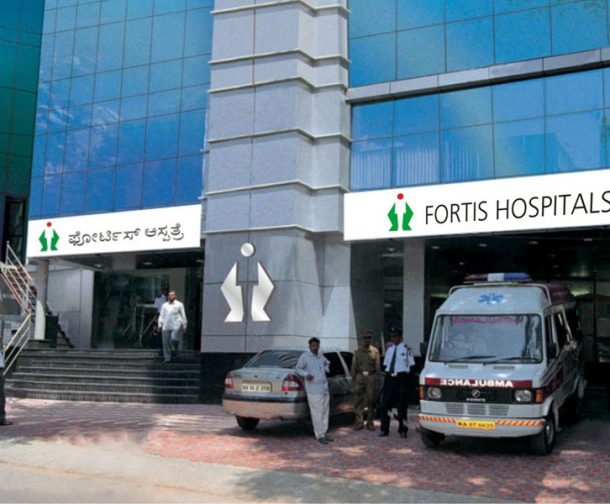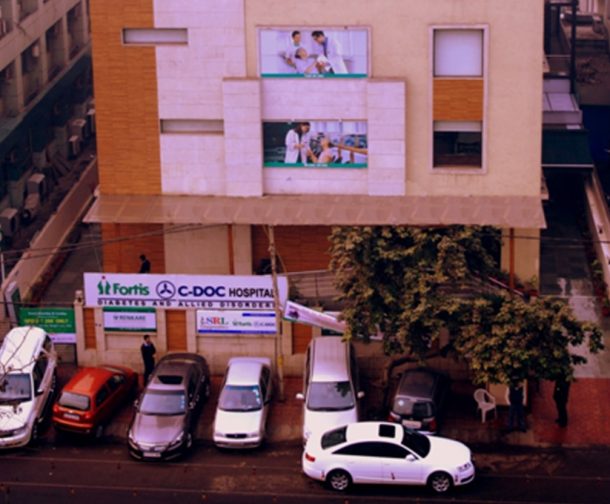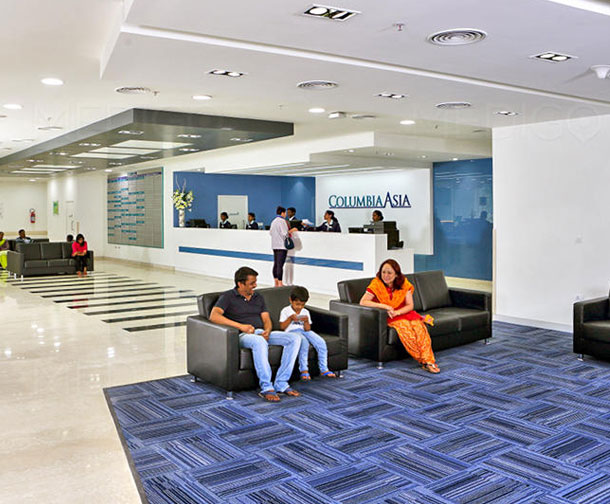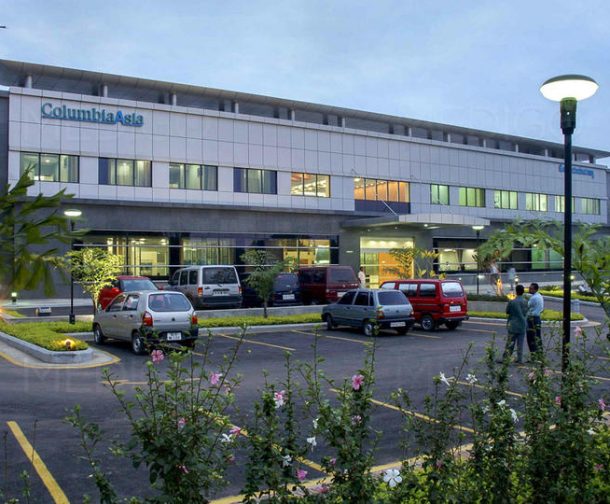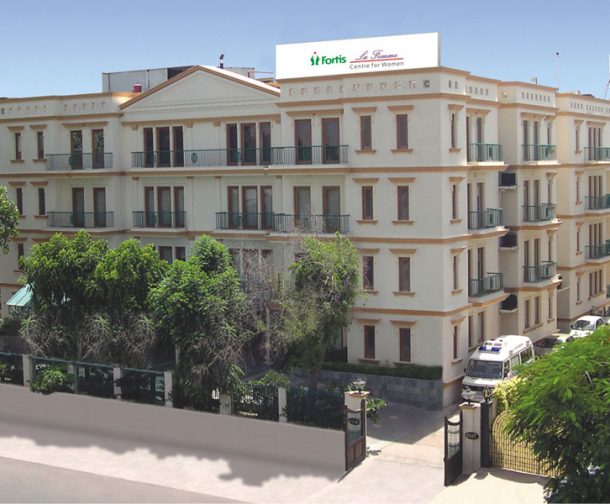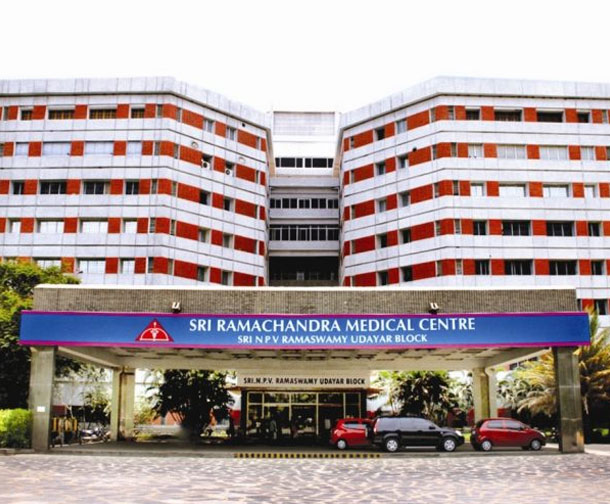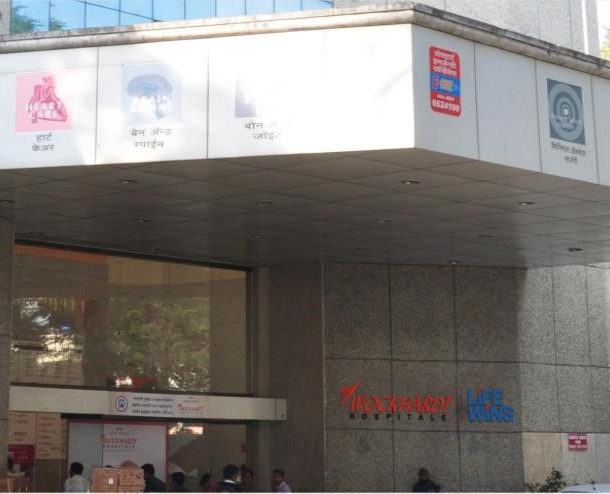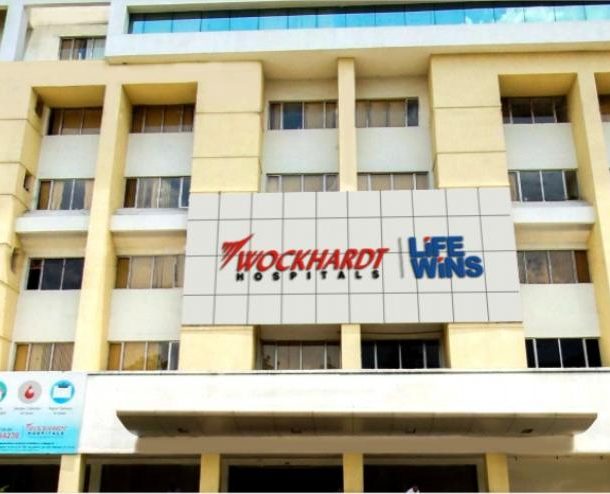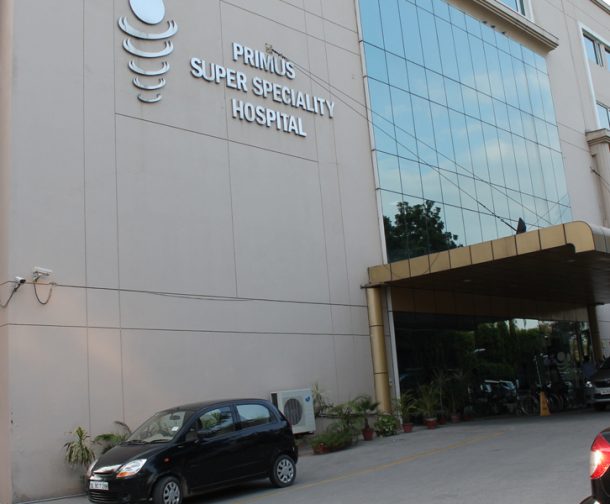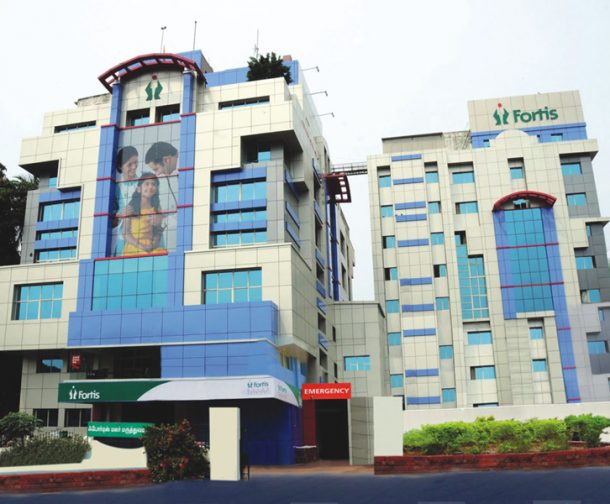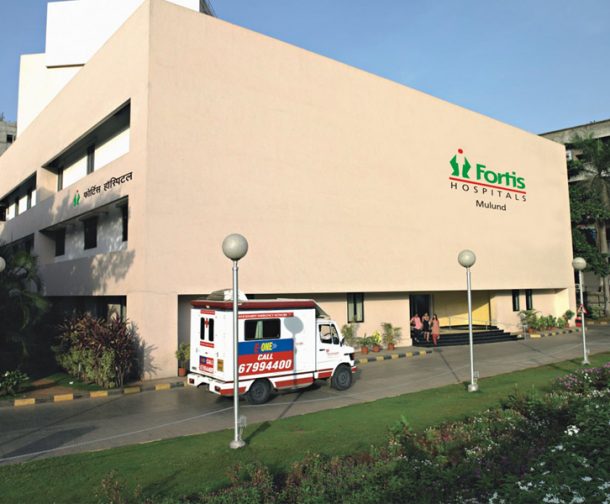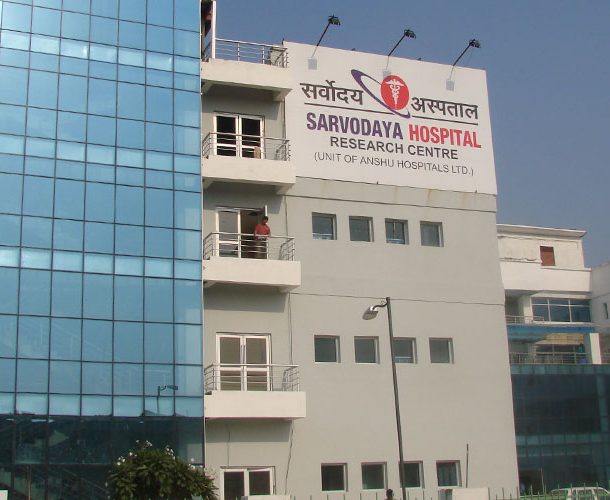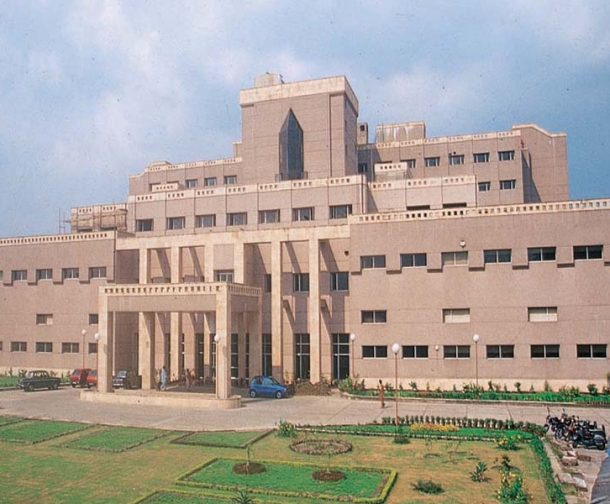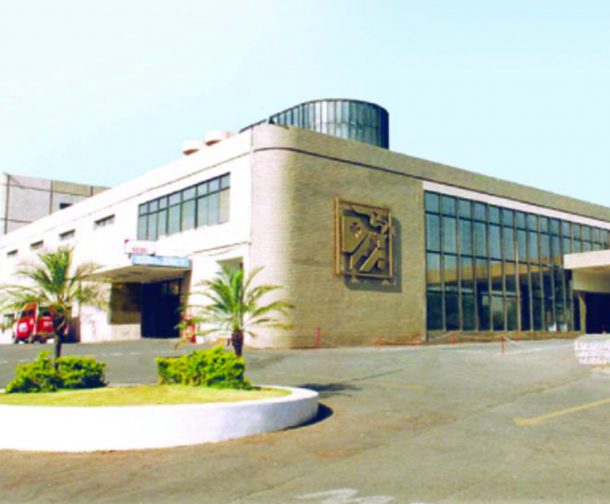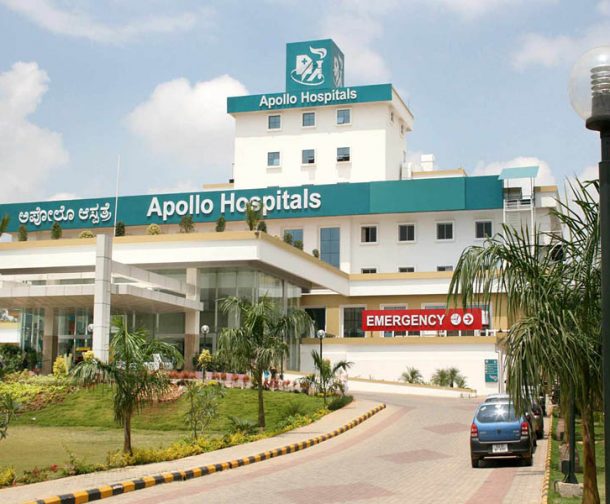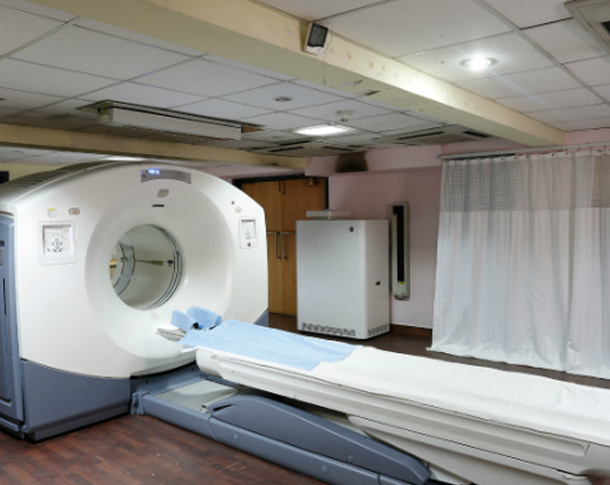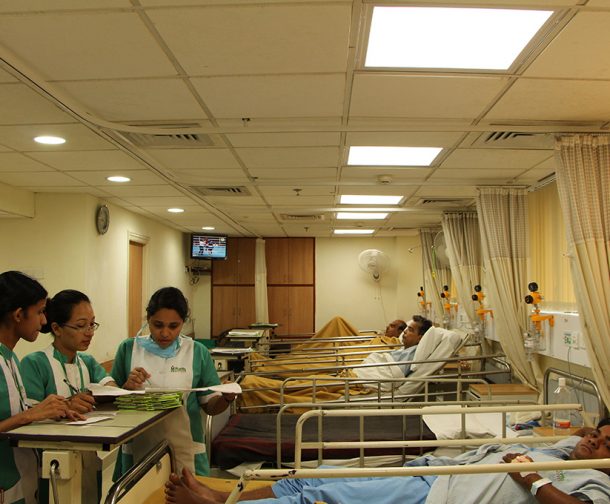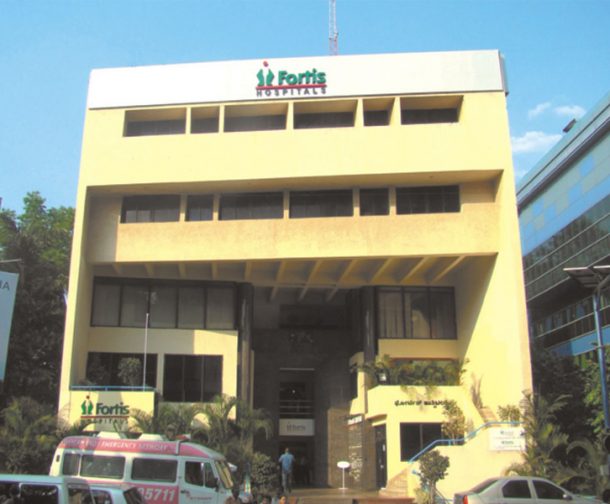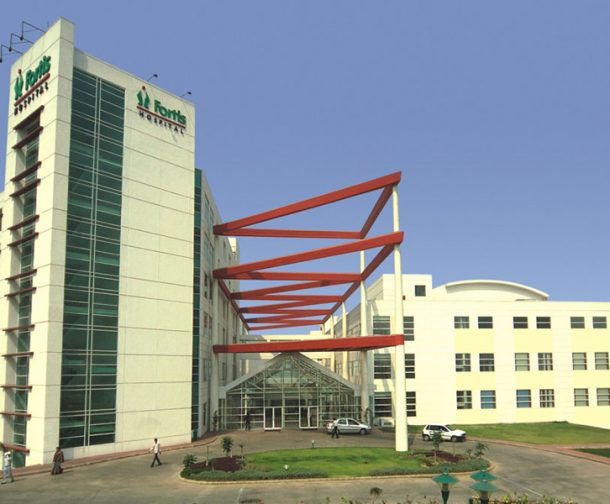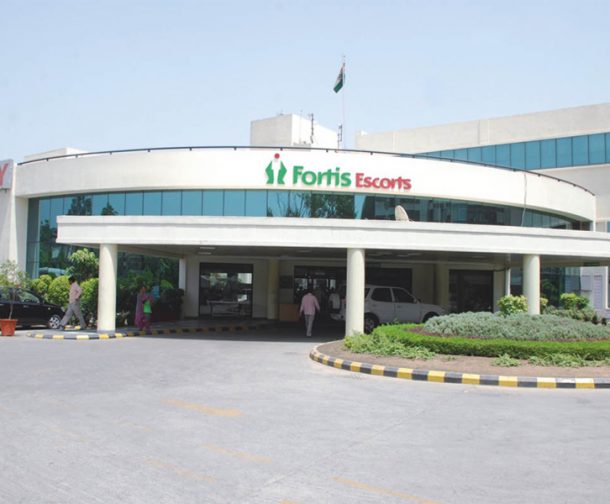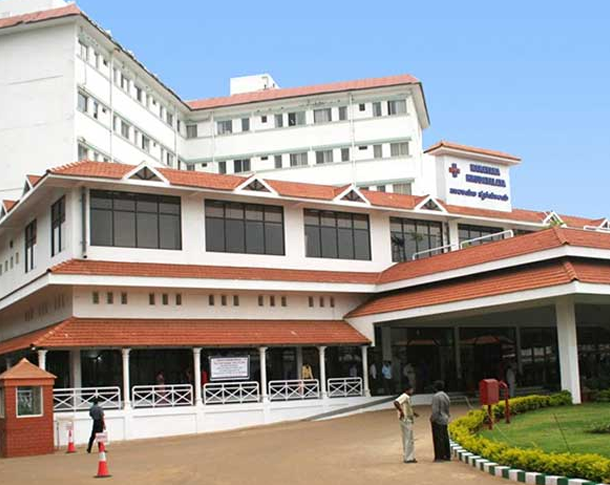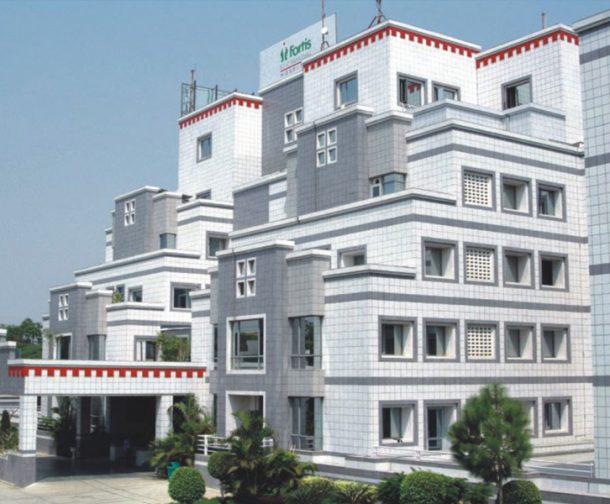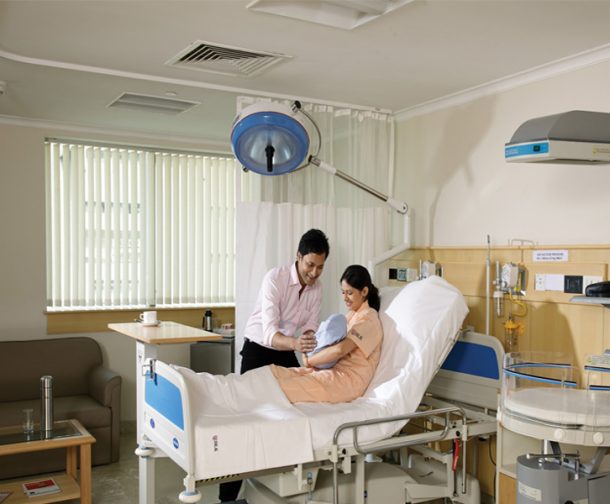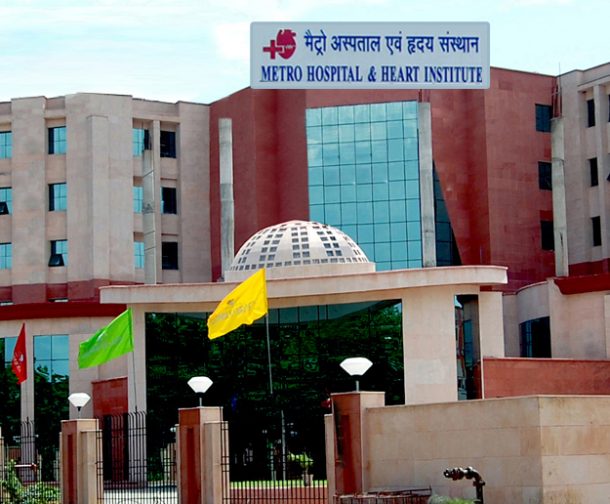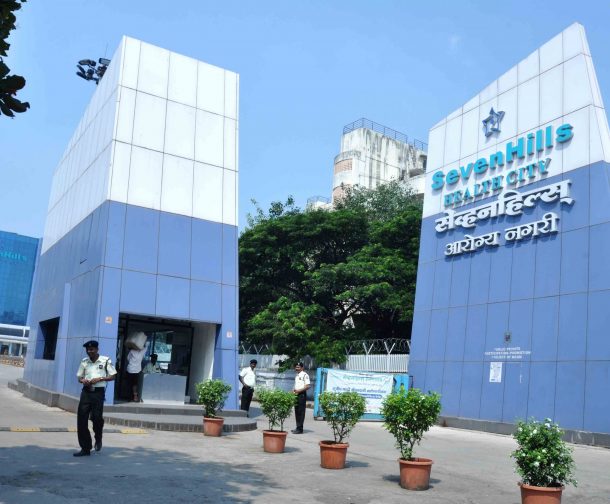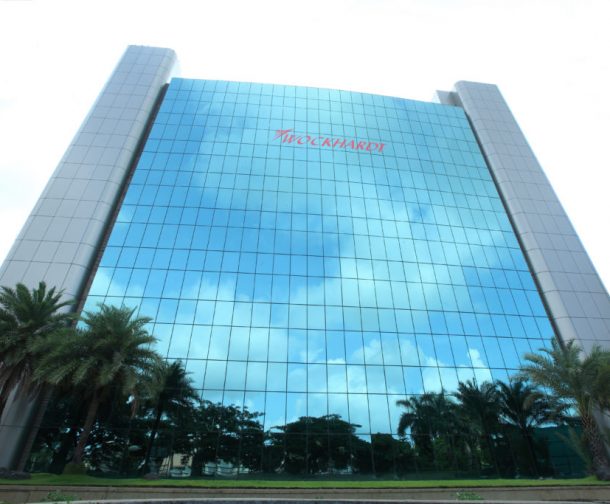
Bariatric Surgeries
Obesity is the fifth leading cause of death. It is estimated that at least 2.8 million adults die each year due to overweight or obesity. Bariatric surgery is a treatment option for people who are morbidly obese (BMI more than 40) or with a BMI of 35 associated with comorbidities (diabetes, high blood pressure, or sleep apnea). However, the cost of the treatment has become a major concern. Apart from the unaffordable cost, a huge waiting list in the hospitals and the unavailability of the medical care system adds up to their distress and make them think to travel abroad for the treatment.
If you are looking for a perfect destination for weight loss surgeries, India would be one of the best places to help meet all your expectations and choices. The cost for bariatric surgery in India is affordable and the availability of internationally accredited best hospitals for bariatric surgery in India (State-of-the-art medical equipment), obesity surgeons with international exposure and training, and importantly no waiting period unlike the European or Canadian hospitals makes India a perfect choice.
In the UK the average cost of a bariatric surgery is £8,000 to £10,000 (7L to 8.5 L INR). In the US, the average cost of this surgery is $8,000 to $27,000 (5L to 18L INR), whereas in India it costs only around 2.5 L to 5L INR. This low bariatric surgery price in India provides 30-70% cost advantage over US and UK.
Procedures of Bariatric Surgeries
Gastric bypass
Gastric bypass surgery is considered to be the best bariatric surgery in India as it helps in losing weight by limiting the intake of the calories by reducing the volume of the stomach. The surgical procedure involves division of the stomach into a small upper part and large lower part. The small top portion is directly connected to the small intestine. The patient is instructed to follow a healthy lifestyle in terms of healthy diet, exercise, and limiting alcohol and smoking.
Lap gastric banding
Laparoscopic gastric banding is a minimally invasive weight loss surgery which involves placing a band around the stomach. This band is usually an adjustable silicone device placed in the upper portion of the stomach reducing the capacity of the stomach. Thereby, it reduces the intake of food aiding in weight loss. The patient is provided strict guidelines for dietary intake and exercises.
Sleeve gastrectomy
Sleeve gastrectomy helps in irreversibly reducing the stomach size to 15% of its original size by surgical removal of the greater curvature of the stomach. Thereby, the intake of the food is reduced, and it helps in the weight loss. Following the surgery, the patient experiences improvement in many co-morbid conditions.

History of Bariatric Surgery
Surgeries for the purpose of weight loss started gaining popularity in 1950s. At that time, intestinal bypass used to be the technique, where the upper and lower intestinal ends were anatomosed, thus bypassing a large part of intestine. Later, in 1963, a team of researchers consisting of Dr. J. Howard Payne, Lorent T. DeWind and Robert R. Commons developed the technique of Jejuno-colic Shunt. This technique involved connecting the upper small intestine to the colon.
Dr. Edward E. Mason is known as the "father of obesity surgery". He along with a colleague Chikashi Ito at the University of Iowa, conceived and promoted the original gastric bypass for weight reduction which was very different from the intestinal bypass practiced earlier. This happened in 1965, and since then the techniques have been further refined, so that the side effects and complications are minimal.

